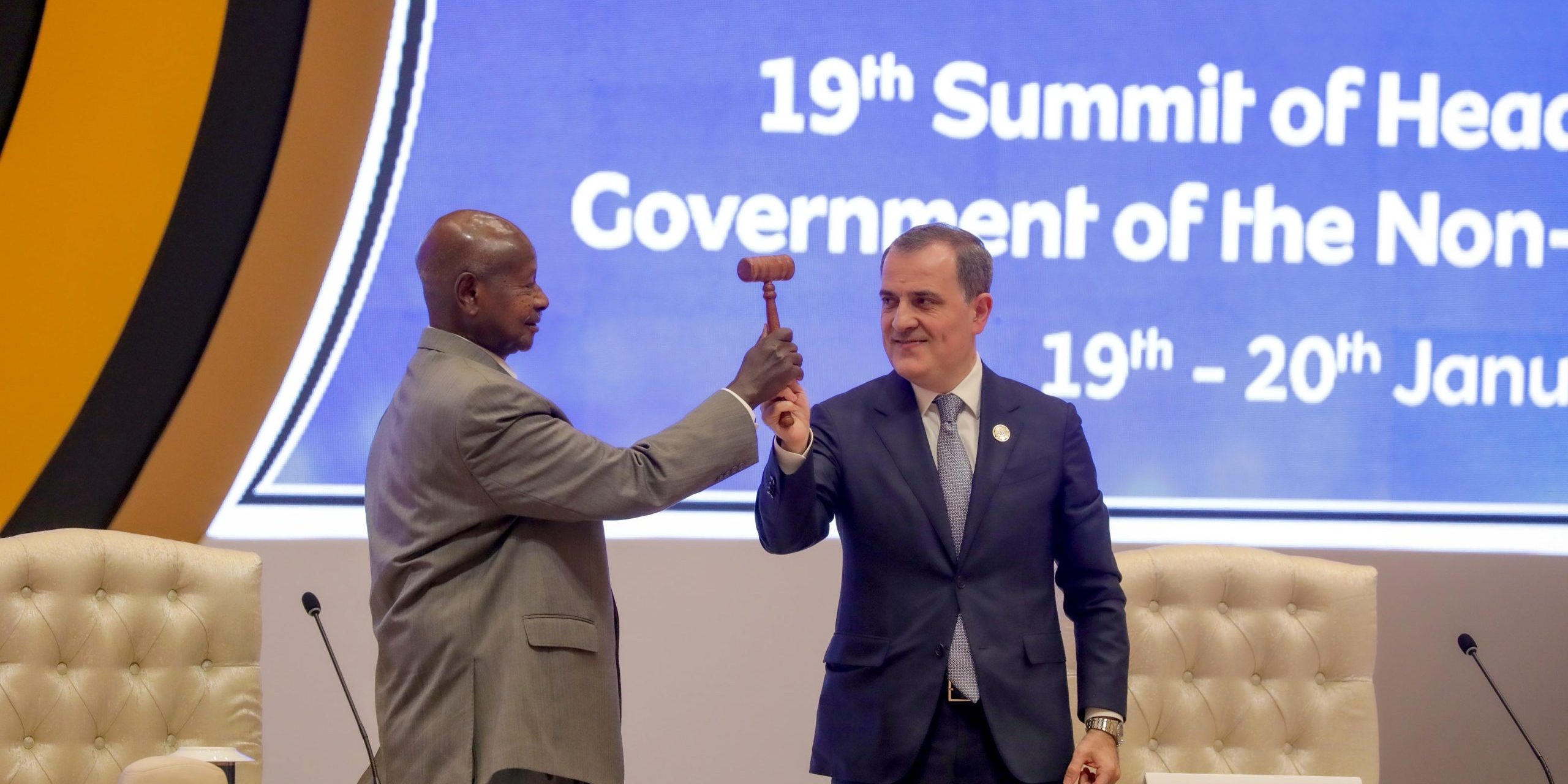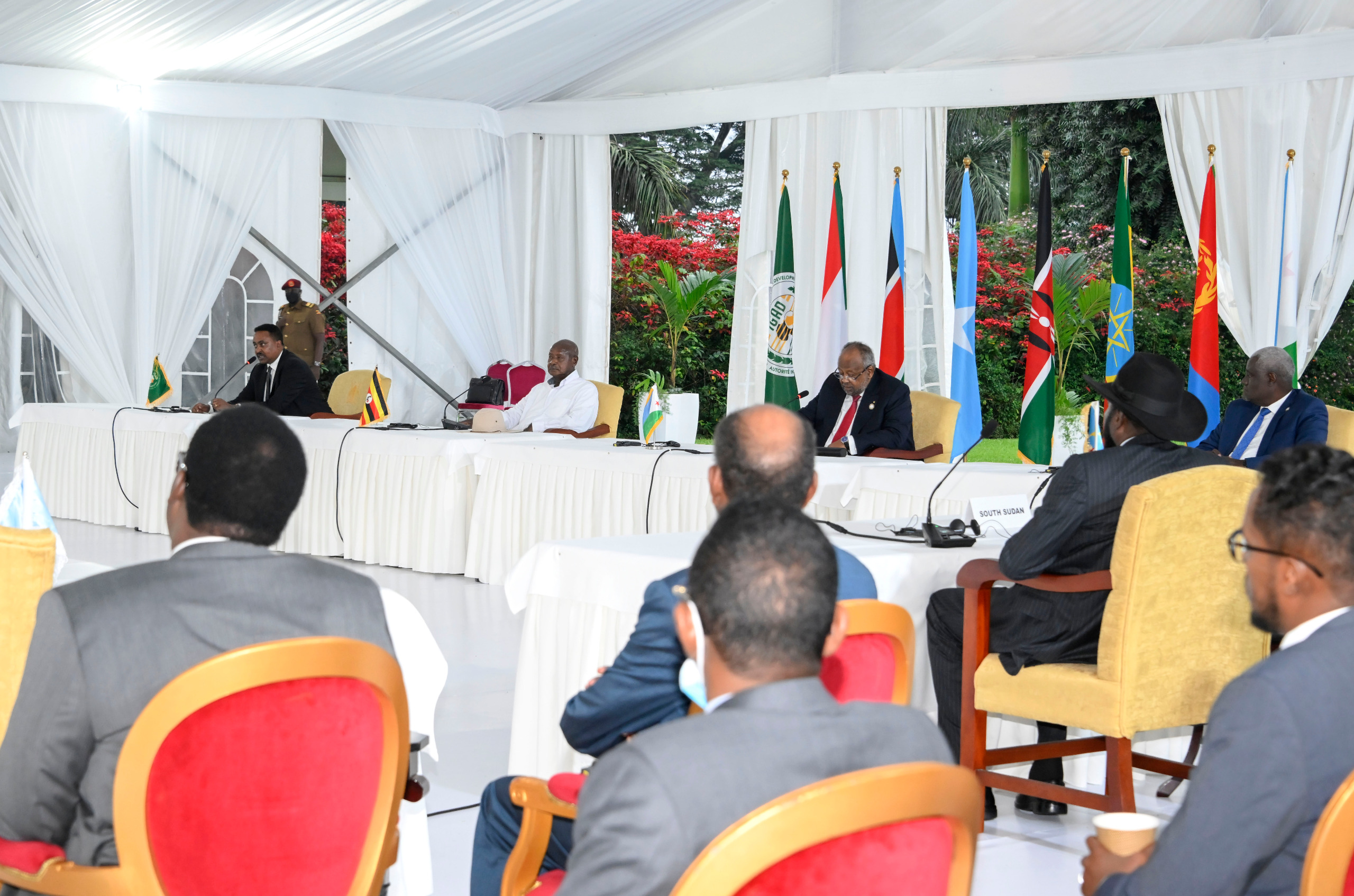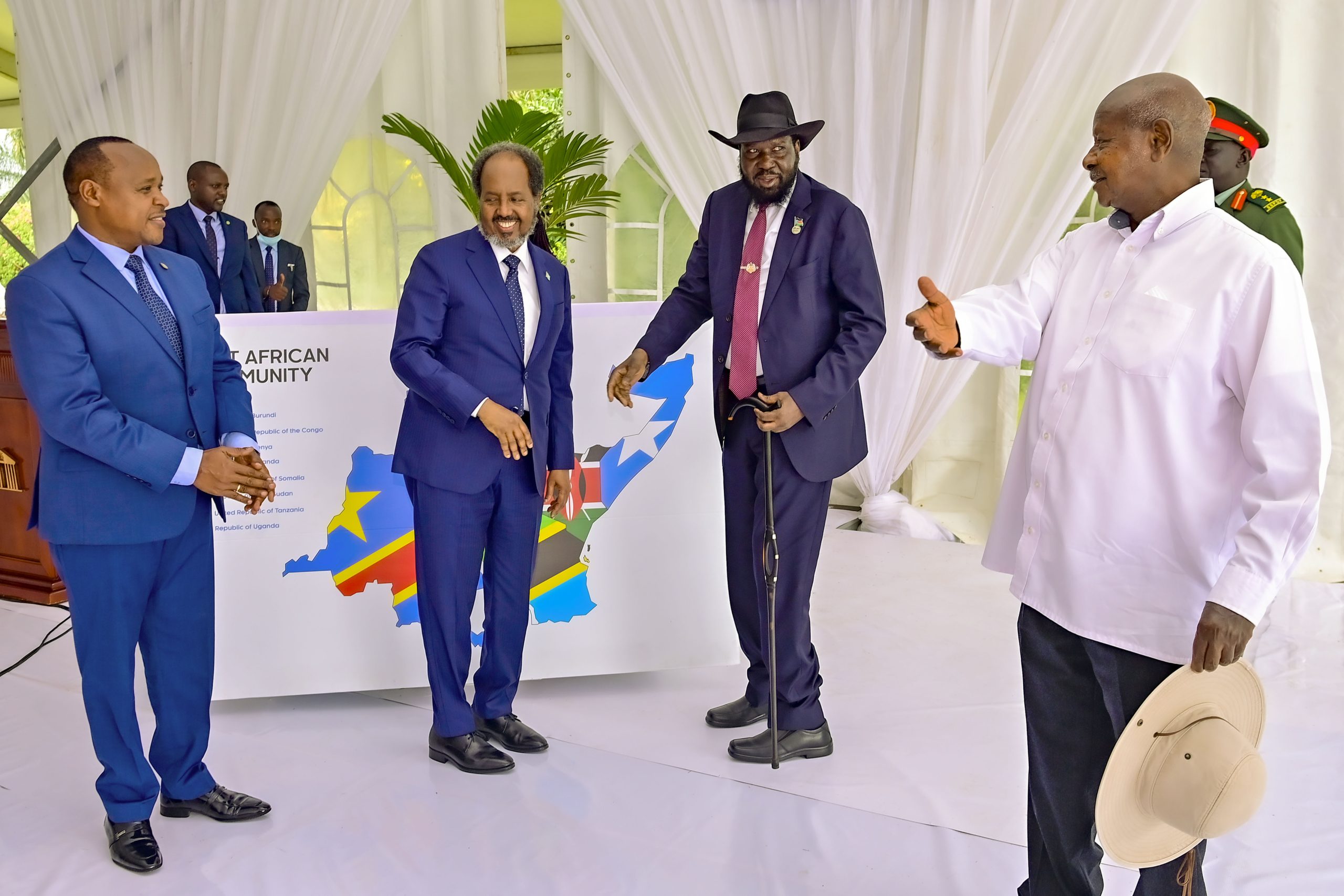The State, according to the Cambridge Encyclopaedia, is defined as a form of political association which in the main enjoys the unique right of being able to use legitimate coercion over a particular territory.
The rights and duties of officeholders of the state are set down in law, including constitutional law. Thus, the state wields both legitimate and legal political power and authority over that territory.
According to John Locke, political power is the right to make laws, with penalties. The Power to regulate and preserve property, employing the force of the community in the execution of such laws, and in the defence of the commonwealth from foreign and internal threats, for the sake of the public good.
Development, on the other hand, is a multi-dimensional qualitative and quantitative change in all spheres of society. Economic development is generally measured by economists using Gross Domestic Product (GDP) which is the total wealth or goods and services produced by a country, converted into monetary value in a particular year as well as Per capita income (income per head). This is the GDP divided by the total population of the country. The critical point to note here is that there must be income earned by individual citizens. This is the reason each time figures of growth are given by the various agencies of government, there are doubting voices sighting poverty among people!
Today, high population growth rates have led to rapid environmental deterioration and undermined agricultural productivity. The goal must be to achieve a harmonious balance between population growth and food production, and better stewardship of the environment. Unless the habit of producing children without marching the efforts of self-multiplication by accompanying them with food production for domestic consumption as well as for income is not checked, the development will remain just a desire.
With more than 20 percent of Sub-Saharan Africa’s population affected by civil war, terrorism threats of external aggression, and civil unrest, the agenda must be to ensure durable peace and sustainable development by addressing the root causes of conflict, including poverty and deep-seated inequalities. Stability will only be assured by a stable and durable state. It becomes imperative to have a strong and focused leadership with ideological conviction and commitment to the development agenda.
Today, with 53 countries demarcated by 165 borders, Africa is the most divided continent. The goal must be therefore to promote regional cooperation and eventually integration, as well as making the African Free Trade Area a reality. It is disheartening to see our smallness being propagated by either tribal bigotry or parochial and shallow nationalism by the educated elites not even the politicians are innocent!
It has been established that the post-colonial African state has so far not been an effective instrument for development despite the rhetoric. In fact, one of the core characteristics of the African state is the general failure of this state to implement development objectives and efficient policies to solve Africa’s predicaments. Various attempts have been made to account for the failure of the African state in development and one of the major reasons for the ‘failure’ of development in Sub-Saharan Africa is ‘Bad Governance’. Claude Ake suggested that development has never really been on the agenda in Africa and it could be argued that the absence of development on the agenda is due to the nature of the African state.
Nonetheless, leaders like Gen Museveni have pointed out and Prof Mahamoud Mamdani agrees with him, that the state in Africa at independence was decapitated, hence the governance challenge.
Many of the African states have been ruled by leaders who take orders from Europe, coupled with improper agreements signed with the former colonial masters, as well as trade arrangements designed to favor the same predatory imperialists.
Thus how can states designed to perpetrate underdevelopment in their countries be expected to undertake the development agenda? How can we expect, a population that believes in the superiority of everything foreign, to work for the emancipation of their people? The decentralized societies practiced a predatory culture where the leaders were maintained by the subjects and whoever was appointed by the leader at the top was congratulated because he had been given an opportunity to eat.
The African post-colonial state therefore departs, in fundamental respects from either the Marxist or Weberian conceptions of the state. It is variously referred to as: ‘patrimonial’; ‘neo-patrimonial; ‘soft’; ‘weak’; ‘’predatory; and ‘overdeveloped’ – characteristics which greatly limit its capacity for socio-economic transformation. Yet it is generally acknowledged today that the state has a crucial role to play in any development/transformation process. The ‘developmental state’ and more specifically the ‘democratic developmental state’ would therefore seem to be the most appropriate state model for effective and sustainable development in Sub-Saharan Africa.
According to YK Museveni (1987), “Africa inherited a de-capitated state. This view was supported by Mwalimu Nyerere when he said; “…intelligent critiques ought to remember where we came from and the limitations with it. Many of our leaders are like me, (President Museveni goes on), are from being a cattle herder…in a backward society, no school, nothing, nothing at all. It was like being thrown into a stream and I didn’t know that stream. In other words, independence leaders did not have the necessary skills to manage a state coupled with the fact that for centuries, the continent was devastated as tribal chiefs were armed to kill one another so as to fulfill a demand for their able-bodied people. Democratic Republic of Congo for example had only three university graduates by 1960, yet there was a need for personnel to take administrative and managerial positions.
The other challenge to the African state lies in the differences between Eurocentric and African values. As Eurocentric values inform the development paradigm and planning models in African societies, the models of development have become conformist depriving African societies of self-reliance and self-determinism. The result has been dependence and underdevelopment of African societies through exploitation on the basis of cultural deprivation. Therefore, the dependence and underdevelopment of African societies are a function of the marginalization and undermining of African values.
Little wonder therefore that when indigenous policies and programs are either frustrated by the so-called donors or are undermined by the elite either consciously or unconsciously (out of ignorance), then we conclude the state has failed. There are those who will fail the program out of a selfish desire to enrich themselves by stealing the funds meant to implement them.
Thus, the state must have the authority to see through its policies. The state must exist to serve its citizens, so it must have the authority to guarantee security and stability, which is a right of the citizens. The state must have a monopoly of means of violence which it will exercise on behalf of the majority, the day it fails on this principle then the country becomes a failed state.
By;
Brig Gen Felix Kulayigye
DEFENCE SPOKESPERSON











